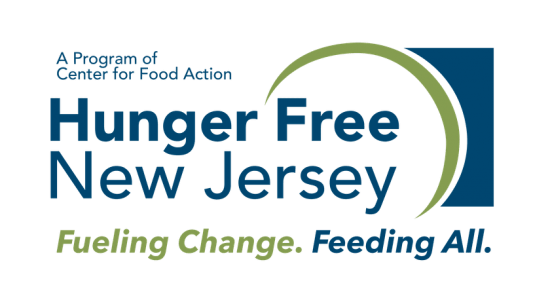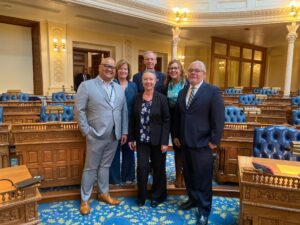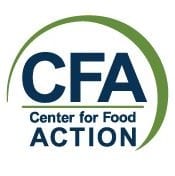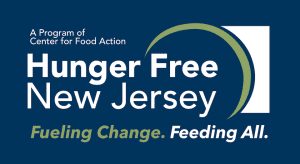According to federal data, nearly 400,000 of the 1.4 million schoolchildren in New Jersey received a free or reduced-price meal at school between 2019 and 2020. And according to advocates, that number continues to rise. Anti-hunger advocates are eyeing more ways to make those meals free and available to everyone.
“The income limits are set very low,” Lisa Pitz, the coordinator of outreach for the Center for Food Action, said. “It is not at all an accurate reflection of the real cost of living.”
Last year, Gov. Phil Murphy signed a law expanding income eligibility for free or reduced-price lunches to families making twice the federal poverty level; that made about 26,000 more students eligible for those benefits this school year. Now, some state lawmakers want free school lunches for all students phased in by 2028, which it is estimated would cost $500 million.
Sen. Teresa Ruiz (D-Essex) said, “So there is an expense like there always is. I know states like California have undertaken these tasks. I don’t think New Jersey is far behind … We just need to figure out how to do this responsibly.”






